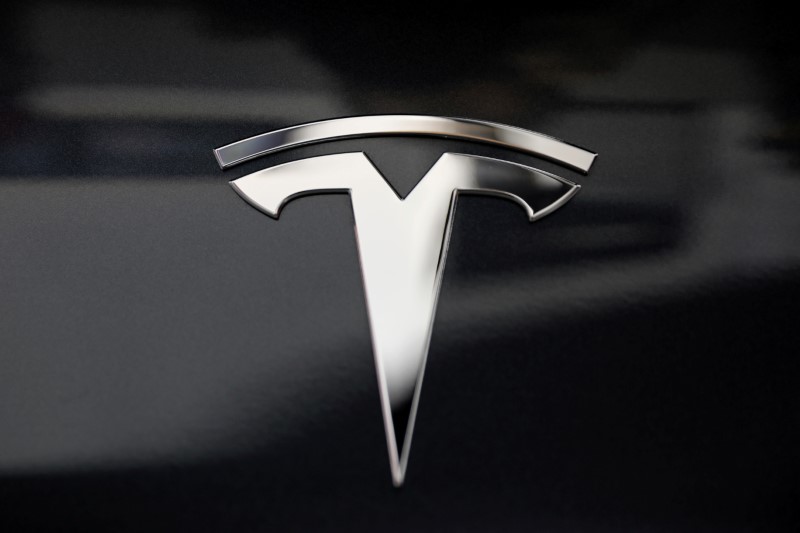What would the Federal Republic of Germany actually look like if it were structured like today’s European Union? If you play through this thought experiment, it becomes clear that European integration needs to be deepened towards a European confederation. Reason for optimism: Steps to reform EU treaties are being pushed forward by EU parliamentarians these weeks. Comment by Stephen Wiesing.
On September 19, 1946, Winston Churchill spoke to young academics in Zurich about the future of Europe. It became one of his most famous speeches. In it he called for the establishment of “a kind of United Nations of Europe”. His final words of encouragement: “Let Europe rise!” Although many steps in European integration have taken place since then, today’s European Union is not as fully democratized or organized as other United States (such as the United States). The European Union is a confederation of states that currently has 27 member states. The Federal Republic of Germany is also a group of states (the English word makes it clear: Federal Republic of Germany), 16 federal states. However, there are sharp differences between the two forms.
Thought Experiment “Federal German Union”
Now let’s imagine that today’s Federal Republic of Germany would be structured roughly like the European Union is today. If we consider this – somewhat exaggerated and simplistic – test, we can highlight some of the democratic weaknesses of the current European institutions. Progressive democratization of the EU can address these aspects.
parties
In a federal republic – or let’s say: a federal German union – it would be structured like today’s European Union, with no parties throughout Germany. However, there may be, for example, the CSU in Bavaria, the CDU in North Rhine-Westphalia and the BWCD (Baden-Württemberg Christian Democrats) in Baden-Württemberg. Of course, this applies to the SPD and all other parties: an SP (Socialist Party) in Bremen, the SPD in Thuringia and the SD (Social Democrats) in Mecklenburg-Western Pomerania. In parliament, these different parties come together to form parliamentary groups, but they are often a plurality of different parties with different beliefs and content.
Bundestag
Although there are federal elections every four years, in which you can vote for either party (depending on which federal state you live in), the Bundestag does not have its own right of initiative to propose laws. He can only engage in negotiations with the federal states and their heads of government, who (along with the Commission) determine policy guidelines. Here he can assert his weight and negotiate changes to the proposed law. This is because, although Parliament has no right to self-initiate, nothing happens without Parliament. The reality is that the legislative process in Germany today is relatively similar. Often the government itself introduces laws in parliament, which are then passed by the ruling parties. Nevertheless, it is part of the democratic DNA that a Parliament has the right to introduce its own laws independently.
Federal States
The main lines of German politics are decided by the 16 prime ministers at a summit meeting in Berlin every few months – perhaps called the “German Council” (in today’s EU this body is called the “European Council”). Depending on the party distribution, the government leaders have to agree to many compromises in laborious, late-night negotiations, because there are government leaders from all parties: “BWCD”, “Left of Lower Saxony”, a “Berlin.Green” party or “Socialist”. political party”. They always have their own electorate and they are re-elected in their respective federal state. The Federal German Union has above all one powerful chamber, namely the heads of government of the individual states. Together with the Council of the Federal German Union (today: the Council of the European Union), the respective states of the individual states Where the ministers meet, this chamber forms a very powerful body. There is one chamber (Bundestag) with a nationwide perspective, but it does not have nearly as many rights and powers as the individual states. Although nothing happens without the consent of the individual states, the “technologists” in “Berlin” where the Federal German Commission is located. They are happy to take responsibility for unpopular decisions.
Chancellor and Govt
Where would the president actually be in this union? There is no such thing as a woman head of government as we know it today. The Federal Commission that governs the federal German Union has only the office of the President, ensuring that established rules and treaties are adhered to, but promoting his own agenda. It is not chosen by the Bundestag, but rather drawn out of a hat by 16 state leaders after federal elections in tough negotiations. For example, if such a procedure takes place next year, who will it be? Sigmar Gabriel? Norbert Lammert? Or Kathryn Goring Eckhart or Annegret Kramp-Karenbauer (anyone else know her?)? Depending on how the respective president fills the role, he can push and push political agendas. Unlike Parliament, the Commission can initiate legislative procedures. It can be an influential player across the Union, putting pressure on other decision-makers (parliament, but especially at the individual state level) to move the Union forward.
What else can be imagined
A common currency would also be conceivable. For example, only eleven of the 16 states will participate in the monetary union. And of course there is no head of state like a federal president; After all, the Federal German Union is not a state. One could certainly give many more examples, but let’s leave it at that for now.
European Republic – now (or at least in 2027)!
In my opinion, this situation seems absurd if we look at the Federal Republic, but if we look at the European Union, we accept this kind of constitution. Based on this comparison, wouldn’t it make sense to “complete” the EU democratically – especially given the current global challenges? This includes – like the Federal Republic of Germany or other European countries – a full-fledged parliament, as is the case in every democracy, as well as a European government that emerges from and is accountable to a parliamentary majority. The Council of Europe as we know it today, i.e. the body of heads of government of the individual states, may be retained or replaced as a second chamber (today in Germany: Bundesrat). As there will be a balance between pan-European and central-state level, this immediately dispels the often-raised fear of a centralized “Brussels Europe”. However, such a vision seems too utopian to be practical at present. Or? Yes and no.
On the one hand, genuine federalism and democratization of the EU is far from strengthening the right. On the other hand, small, rarely noticed but decisive actions are taken during these weeks. Following the “Future of Europe Conference” (2021-2022). According to the European Union Commission More than 700,000 citizens participated, and many members of parliament submitted a 120-page document to the “Committee on Constitutional Affairs” of the European Parliament. With plans for EU reform. The proposal will most likely be debated in Parliament in November. According to Luca Leonello (Assistant Professor of European Law in Milan), this is the most progressive proposal for treaty changes since the Spinelli Plan of 1984 (which led to the European Union as we know it today – roughly speaking). These proposals provide a significant strengthening of the Parliament and the Commission, while weakening the current prerogative of the Council of Europe (i.e. the Member States). The Commission becomes a European “administrator”. Depending on the election results, the Parliament proposes the Executive President and the European Council must agree (today it is the other way around).
Citizens’ Europe
The proposed reforms would be a major step towards the federalization and democratization of the EU. If this reform is implemented, the European Union will make a great contribution to the citizens of Europe. A demand brought up by many at the Conference on the Future of Europe! But will all 27 member states really dare to take these steps? This is questionable to say the least. A compromise proposal: on the 70th anniversary of the Treaty of Rome in 2027, (at least) the six founding states of today’s EU and their citizens – as they did – can boldly move forward and decide on deeper integration steps (of course open to other members). The European Union as we know it today will, for the time being, encounter the historical experiences of many Eastern European countries early on. At the same time, this European Union will shrink to 22 members with the new member “European Republic” or “United Nations of Europe”. Doesn’t sound too utopian, does it? So the time to win over more and more European citizens to a new phase of European integration is over. Let Europe rise!

“Communicator. Entrepreneur. Introvert. Passionate problem solver. Organizer. Social media ninja.”







More Stories
US regulators are closely monitoring the Tesla recall
Ireland is considering returning asylum seekers to Great Britain
Happy ending in Canada: Baby orca frees itself from pool after weeks